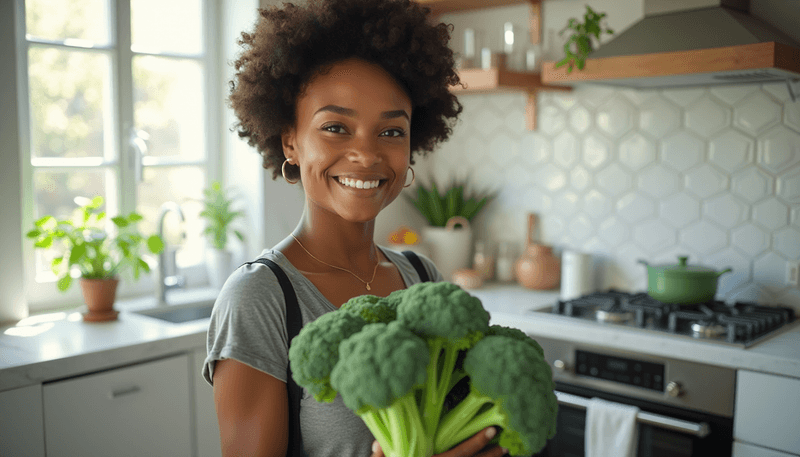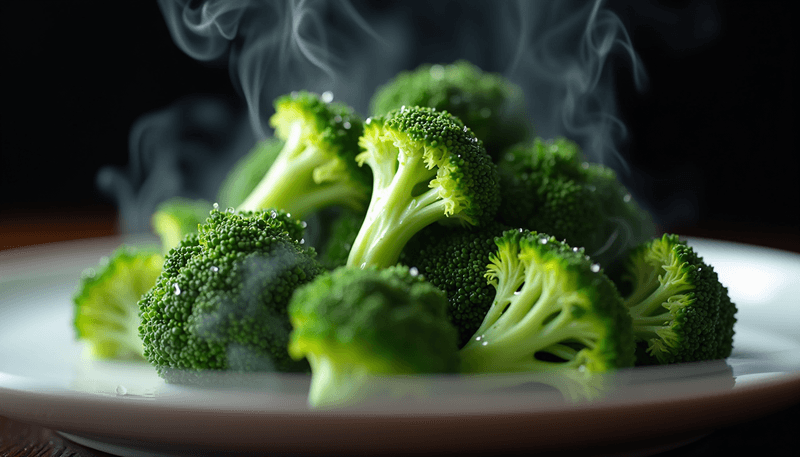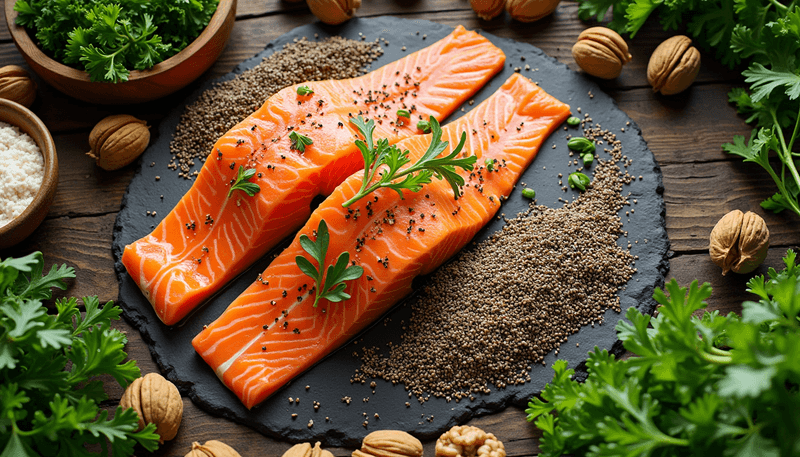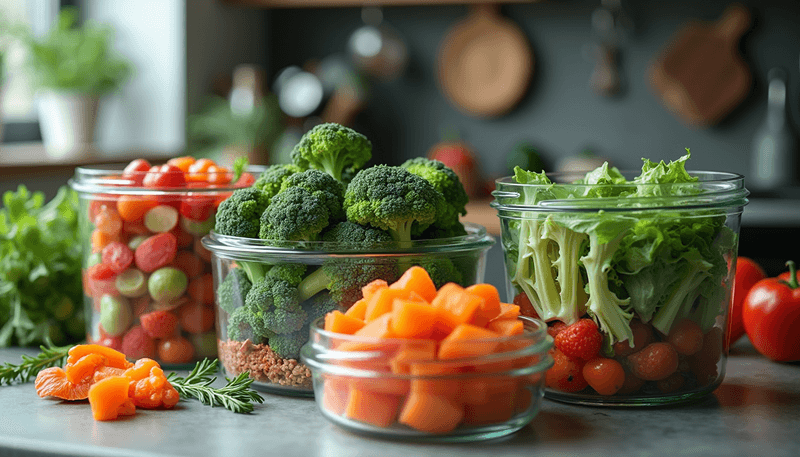Broccoli: A Natural Ally Against Breast Pain
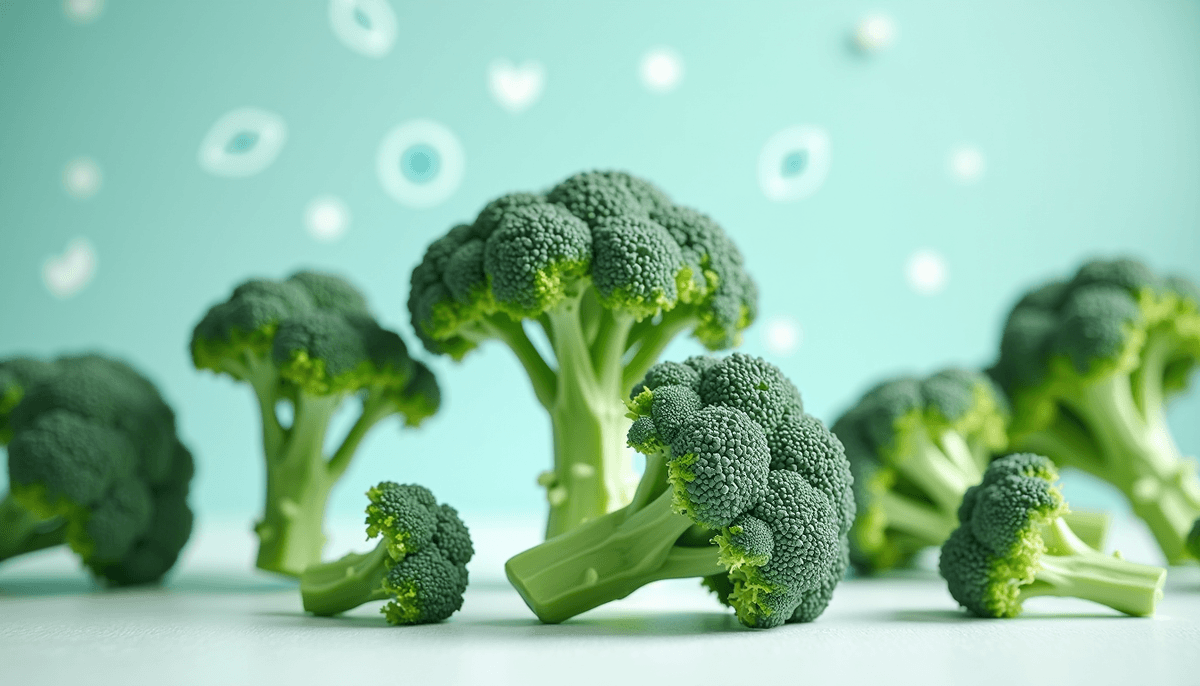
If you've ever experienced tender, lumpy breasts that seem to have a mind of their own, you're not alone. New research reveals promising evidence about how certain vegetables might be the unexpected heroes in managing breast discomfort. As a women's health advocate and medical professional, I've seen countless patients struggle with mastopathy, and I'm excited to share these findings that might change how we approach this common condition.
The Power of Cruciferous Vegetables
Let's talk about why broccoli and its relatives might be your new best friends. These green powerhouses contain special compounds called sulforaphane and indole-3-carbinol that work like natural peace-keepers in your breast tissue. Think of them as tiny but mighty warriors, fighting inflammation and helping maintain hormonal harmony.
Have you ever noticed how your breast discomfort seems to fluctuate with your monthly cycle?
This connection isn't coincidental. These vegetables help balance estrogen levels naturally, which often plays a significant role in breast discomfort. A study of 20 women aged 30-40 showed promising results when incorporating these vegetables into their daily diet.
Understanding Omega-3's Role
The research reveals another surprising hero: omega-3 fatty acids. Women who consumed higher levels of EPA (a type of omega-3) showed a remarkable 62% lower risk of developing breast lumps. Here's how you can put this insight into action:
- Add fatty fish to your meals twice a week
- Consider a high-quality fish oil supplement
- Incorporate chia seeds and flaxseeds into your daily routine
What small change could you make to your diet today to increase your omega-3 intake?
Natural Pain Management Strategies
While medications have their place, the study highlights several natural approaches that can complement traditional treatments:
Daily Dietary Additions:
- 1-2 cups of broccoli or cabbage
- Green tea
- Anti-inflammatory spices like turmeric
Lifestyle Modifications:
- Regular gentle exercise
- Stress reduction techniques
- Proper-fitting supportive bras
When was the last time you evaluated your bra fit or stress management routine?
The research showed that women who combined these natural approaches with proper medical supervision experienced better outcomes than those who relied solely on conventional treatments.
Making It Work in Real Life
Let me share a story from my practice: Sarah, a 35-year-old patient, was skeptical about the "broccoli solution" when I first suggested it. But after three months of incorporating cruciferous vegetables and omega-3s into her diet, she reported noticeable improvements in her breast comfort.
Simple Ways to Add More Cruciferous Vegetables:
- Add shredded cabbage to your lunch salads
- Roast broccoli with olive oil as a dinner side
- Blend kale into your morning smoothie
- Try cauliflower rice as a grain alternative
The key is consistency rather than quantity. Starting small and building up gradually helps your body adjust and maximizes the benefits.
Important Note: While these natural approaches show promise, they're not a replacement for medical care. Always consult your healthcare provider, especially if you notice new or changing breast symptoms.
Looking Forward
The research opens exciting possibilities for women seeking natural solutions for breast health. By combining traditional medical knowledge with these evidence-backed dietary approaches, we're better equipped to manage breast discomfort effectively.
Your journey to better breast health doesn't have to be complicated. Start by adding one serving of cruciferous vegetables to your daily meals this week. Notice how your body responds, and adjust accordingly.
How about starting tomorrow with adding just one cup of broccoli to your dinner? Small changes can lead to significant improvements.
The path to better breast health might be as close as your produce drawer. Why not give these natural approaches a try? Your future self might thank you for taking this simple but powerful step today.

Dr. Anya Sharma, MD
Dr. Anya Sharma is a board-certified gynecologist with over a decade of experience specializing in women's health and patient education. She graduated from Johns Hopkins School of Medicine and completed her residency in Obstetrics and Gynecology at a top hospital in New York City. With a passion for empowering women, Anya transitioned to content creation to provide accessible, evidence-based information on health topics relevant to mid-aged women. Her empathetic and pragmatic approach combines medical expertise with relatable insights, making her a trusted voice in the field.
